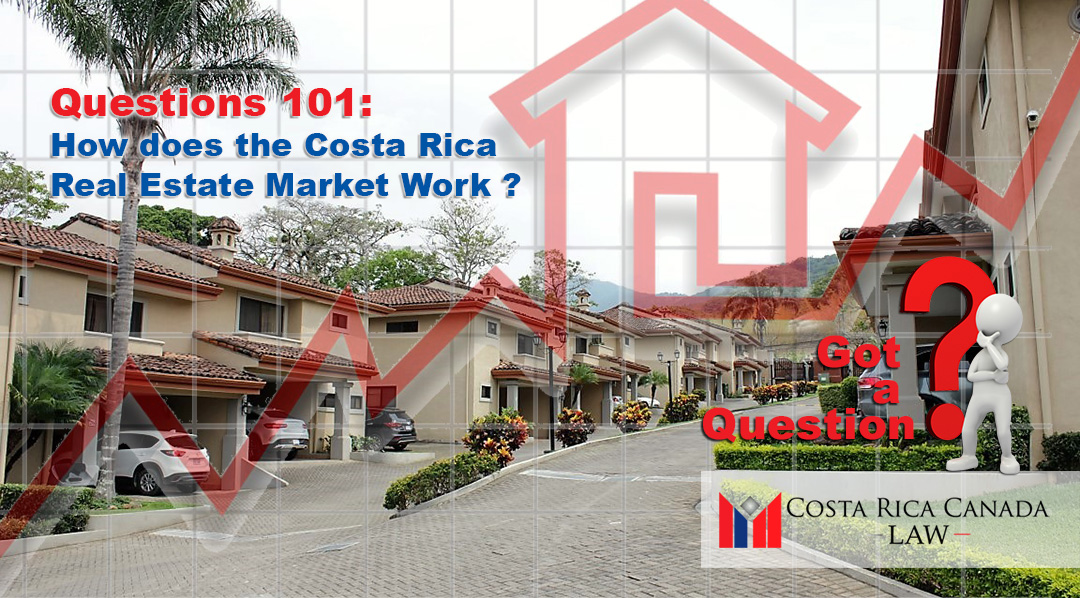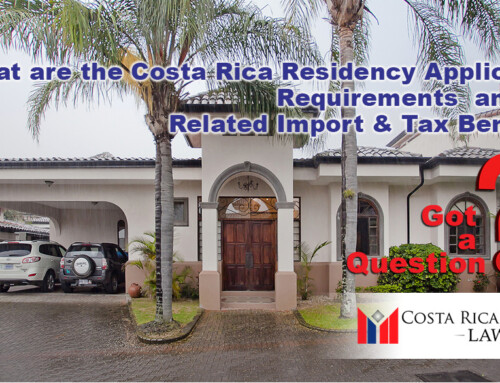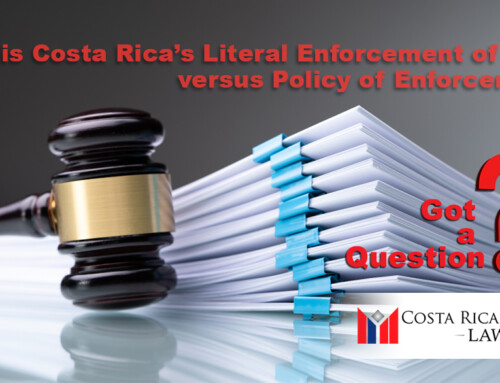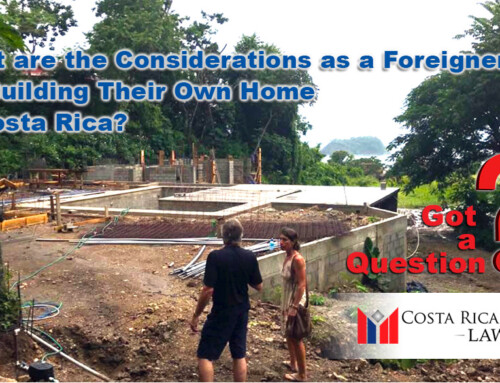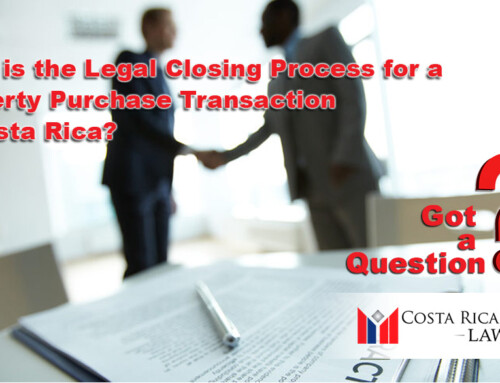How Does the Costa Rica Real Estate Market Work?
I have experience as a Real Estate Attorney, in both Canada and Costa Rica. During the twenty-three years that I have been practicing law in Costa Rica, I have seen several Real Estate Market Cycles completed. The following is my analysis of what drives those Real Estate Market Cycles.
Real Estate Market Cycles – U.S. Economic Effect
From a residential and commercial real estate point of view, these Real Estate Market Cycles are largely driven by the state of the U.S. Economy at any given time. There is usually a lag-time of some months for the economic effects in the U.S. to have an effect on the Real Estate Market in Costa Rica. The Covid Pandemic and particularly the social-economic effects it has had, with a larger number of Canadians than usual entering the Real Estate Market in Costa Rica, has distorted the Market from the norm with respect to property sales, making it a stronger “Sellers’ Market” in the years following the Pandemic. This is especially true in the Pacific Coast expat beach communities. In the beginning of 2025, there has been a levelling-off of the market in the expat beach community areas, particularly in the high-end property sales, but mid-priced property sales have remained stable throughout Costa Rica. The trend toward a Market downturn has been accelerated by the current uncertainties in world economic markets, with a resulting sharp downturn in housing sales in the U.S. This has caused a ripple-effect in the Costa Rica Real Estate Market, which is moving toward a more “Buyer” friendly market, with an increased opportunity for Buyers to negotiate a lower selling price for properties. In my opinion, the Costa Rica Market has not yet reached a point where a marketing label of “Buyers’ Market” would be considered accurate. Opportunities for “fire sale” property prices, happening in many cases where a Seller has to return to their Home Country quickly, for health, or other reasons, are on the increase. The current world economic uncertainty is having a significant affect on the Costa Rica Real Estate Market, bringing a downward pressure to bear.
Effect of the United States Presidential Election on the Costa Rica Real Estate Market
There is habitually an exodus of U.S. Citizens from the U.S. from the losing side, following any Presidential Election, with an increase in those exiting the U.S. coming to Costa Rica. In the 2024 Presidential Election year in the U.S., the Republican Party has been victorious. With a lowering of U.S. interest rates to stimulate housing sales, it is interesting to see that this exodus pattern following the Presidential Election continues, in the normal and predictable fashion. I have witnessed this pattern happen previously following U.S. Elections, but with this significantly more emotionally charged Election, and the deep divisions politically which exist in the U.S. I expect this pattern may be amplified this time around in numbers of citizens existing, but other factors governing the marketplace, particularly with respect to high-end properties, are having a dampening affect on selling prices. The existing prices of those high-end properties leaves little room for appreciation in value particularly in the short term.
Buyer Beware
Expats considering a real estate purchase in Costa Rica must be aware that the legal system utilized in Costa Rica is the Roman Civil law System and not the English Common Law System, which is the dominant legal system utilized in the U.S., Canada, and British Commonwealth Countries. There are many differing requirements between to two different legal systems. Also, there is no regulation of the Real Estate Industry as to licensing of Real Estate Agents, or any Government or professional oversight body, which is able to discipline Agents for improper conduct. Although several informal entities exist offering a compilation of real estate listings, no formal comprehensive MLS System exists in Costa Rica, to provide information on both the availability of properties, or market price comparisons, in the manner that such a System offers elsewhere, such as in the U.S. or Canada. Accordingly, choosing a Realtor with good credentials, with many expat Realtors having prior training in the Real Estate Industry in their Home Country, and obtaining references. The Realtor having a good local knowledge of the area of Costa Rica where you wish to purchase property, is very important. Choosing a knowledgeable and competent Real Estate Attorney acting for your independent interests as a purchaser is equally important, to undertake the legal due diligence requirements necessary in a property purchase transaction.
My Opinion
Taking this economic “lag-time” factor into account between the time of property sales in the U.S. and property purchases in Costa Rica, I would expect to see Costa Rica property sales continue to slow, but with a downward trend in pricing, toward the Summer months of 2025. The current high exchange rate between the U.S. Dollar and the Costa Rica Colon, is also having a negative affect on real estate pricing, as the majority of property sales are conducted in U.S. Dollars. The introduction of DSCR Mortgages (Debt Service Coverage Ratio Mortgages, based solely on the projected rental income of the property) for the purchase of investment properties, by a number of Costa Rica financial entities, and available to foreigners without Residency status, will help to stimulate a softening real estate market for investors.

